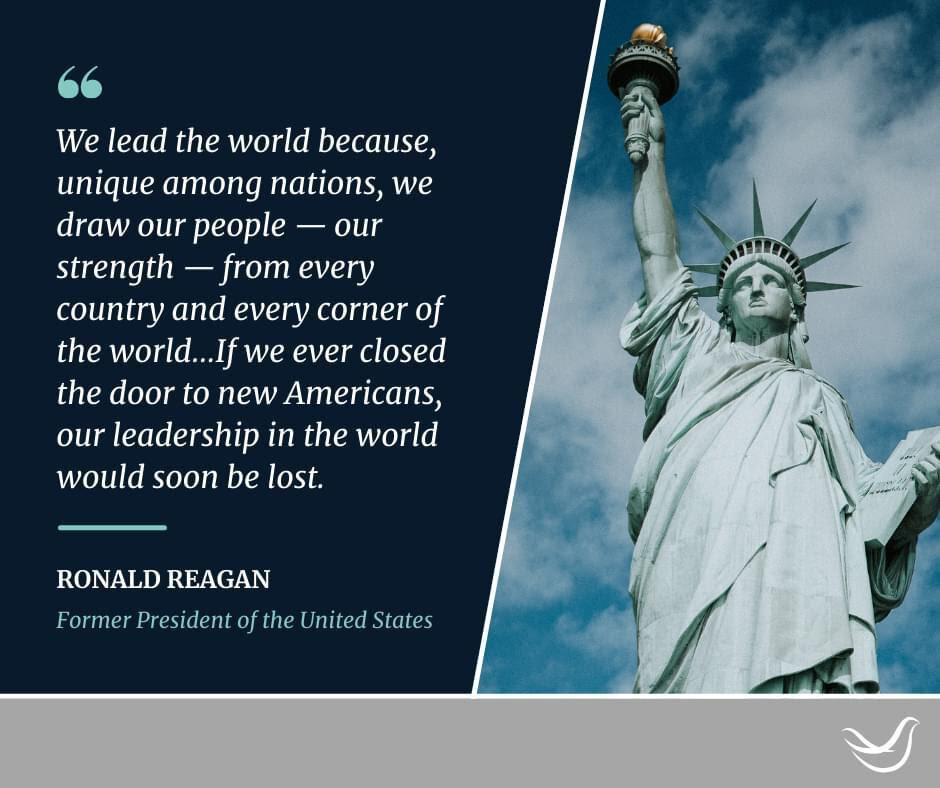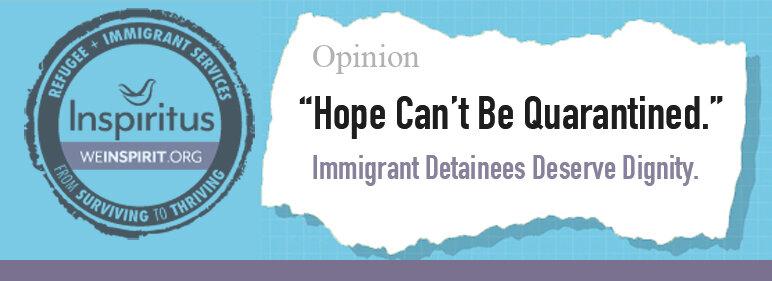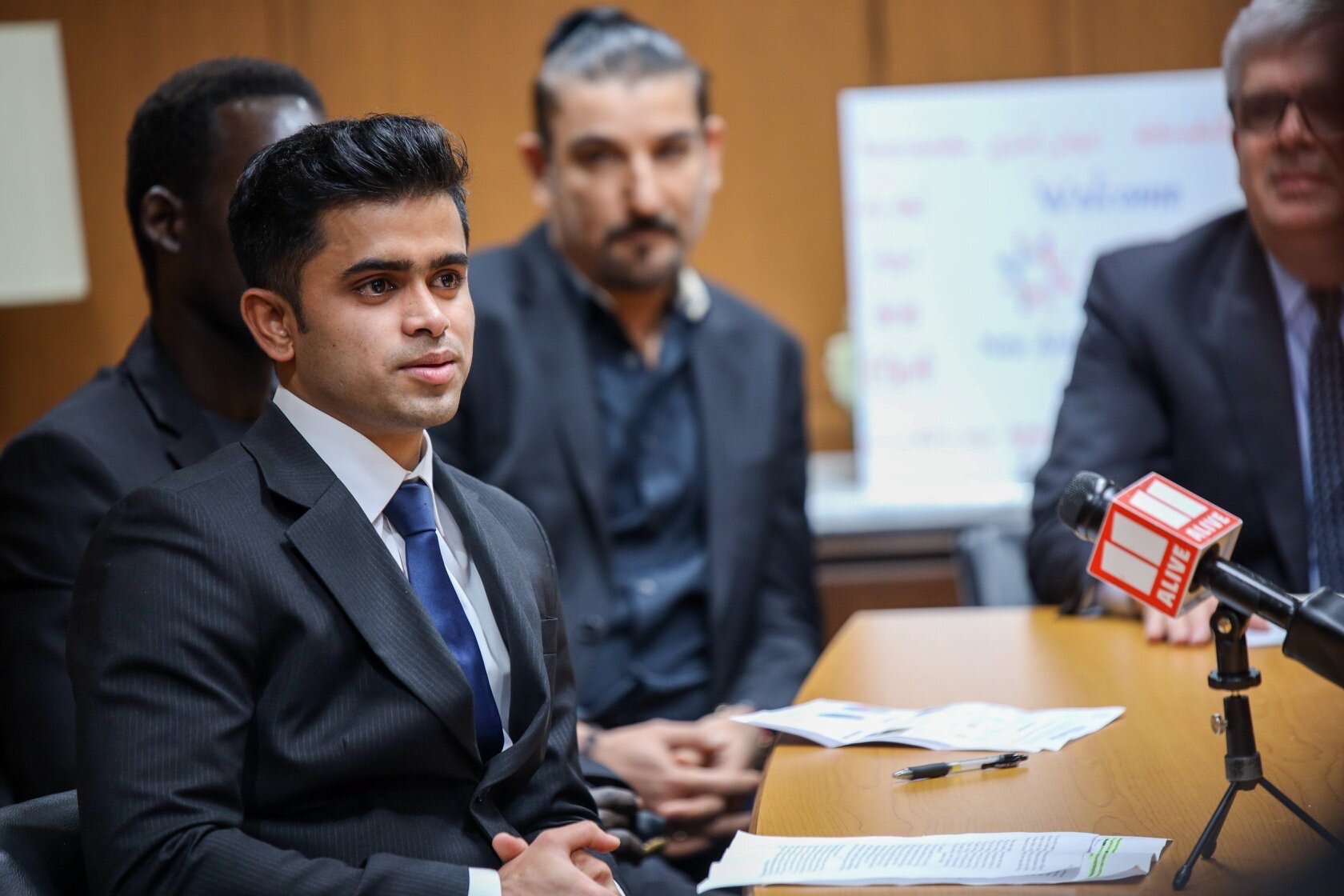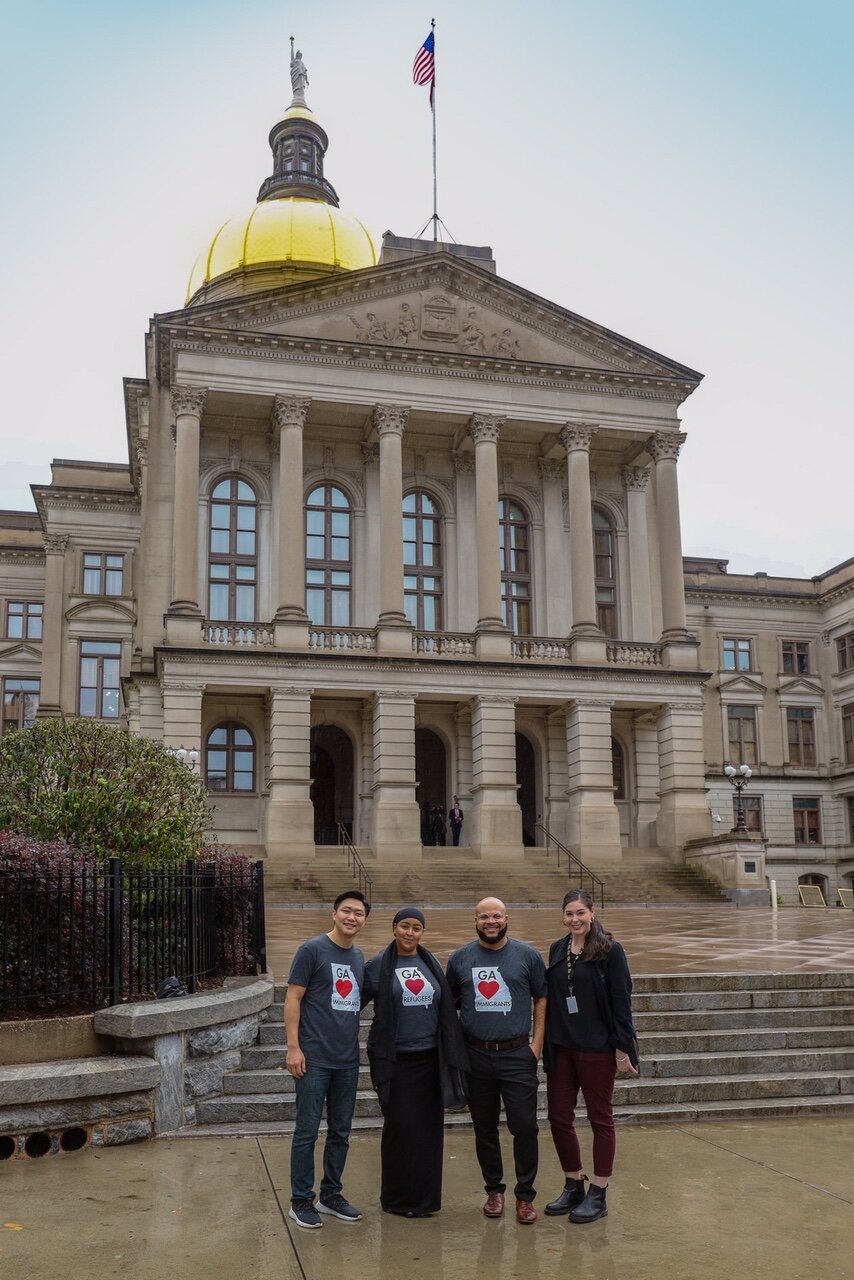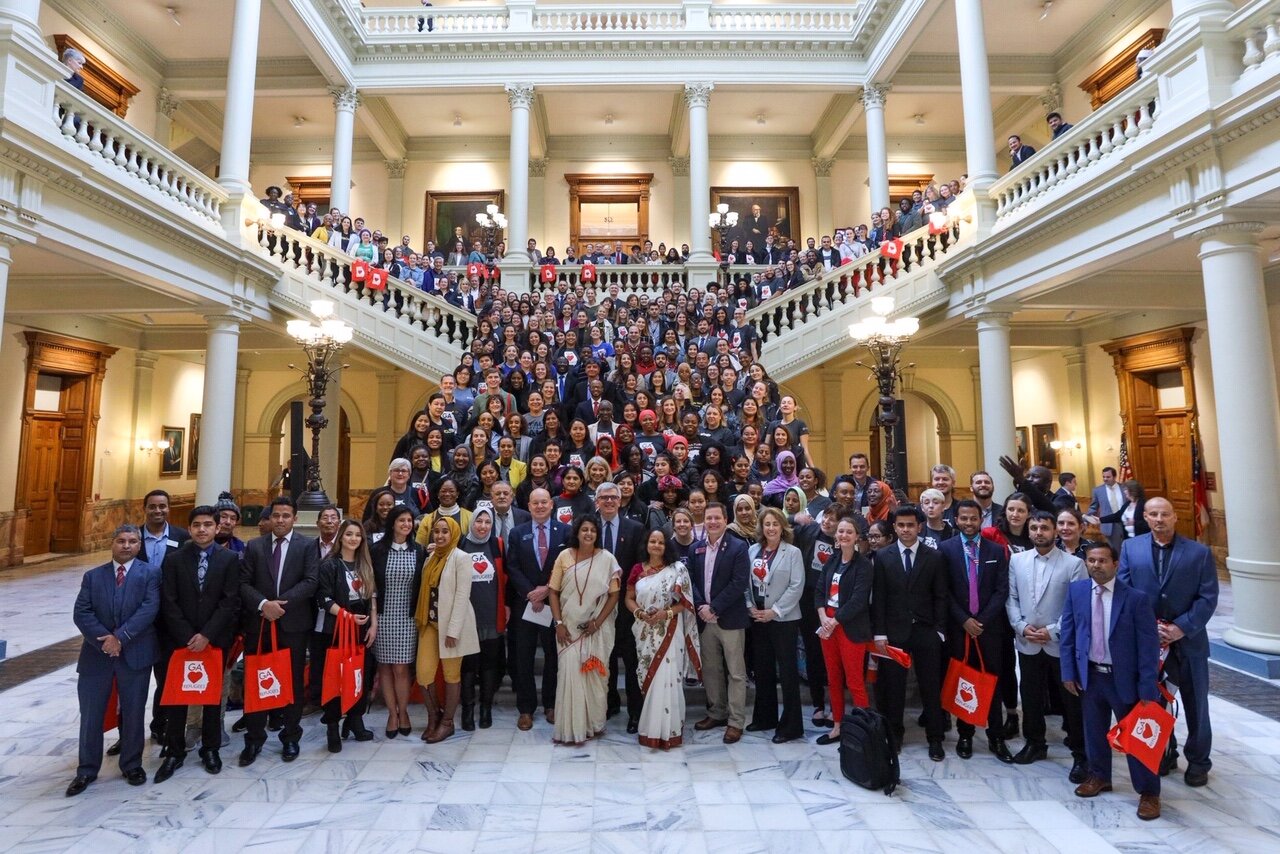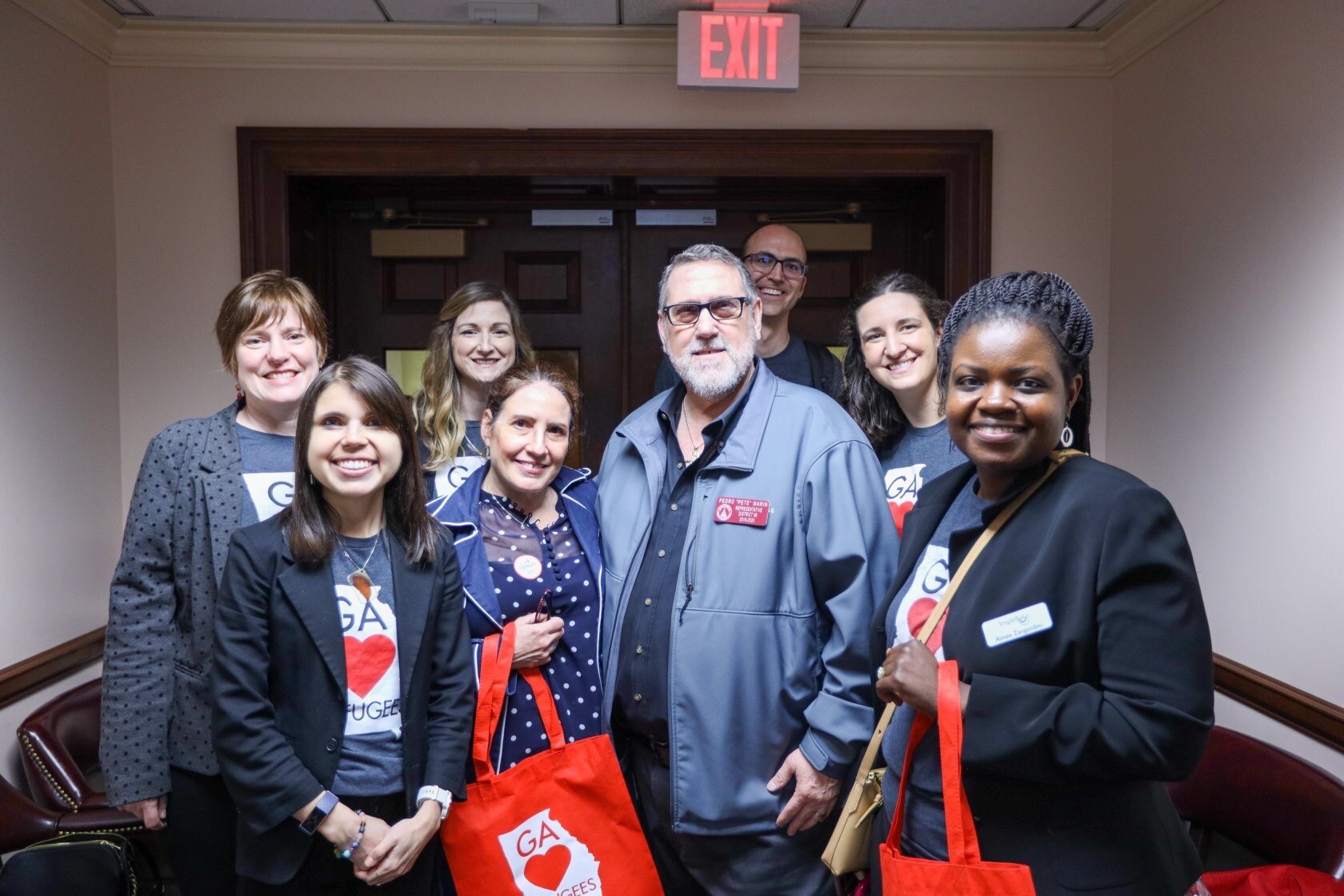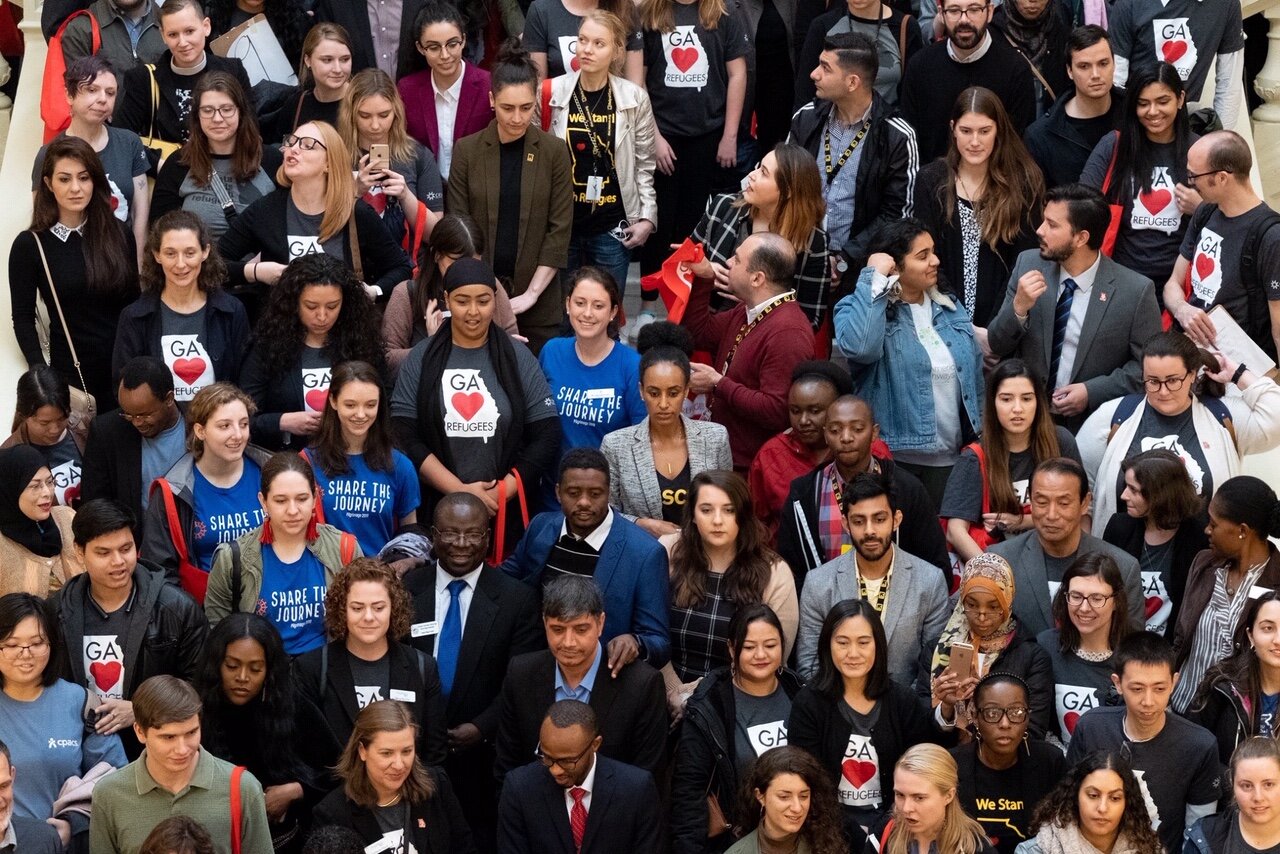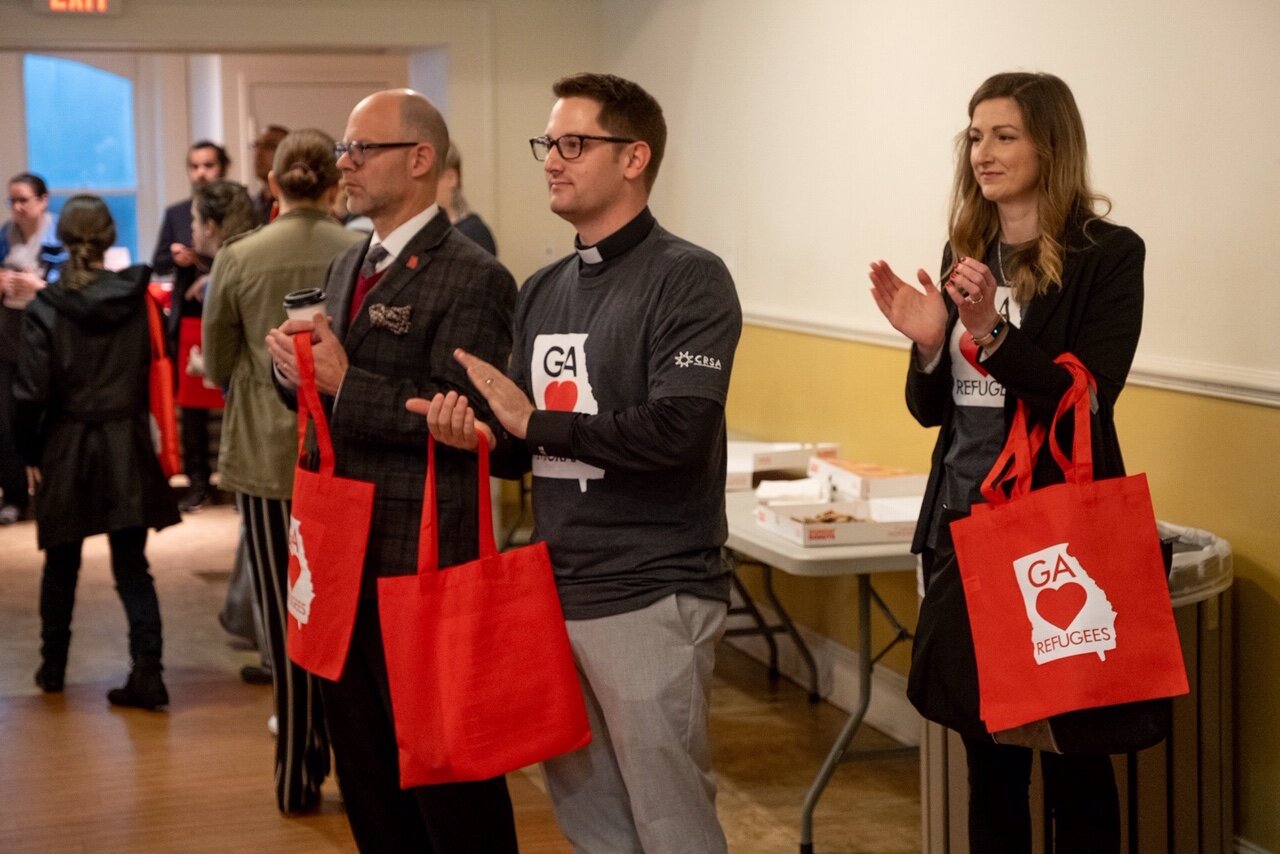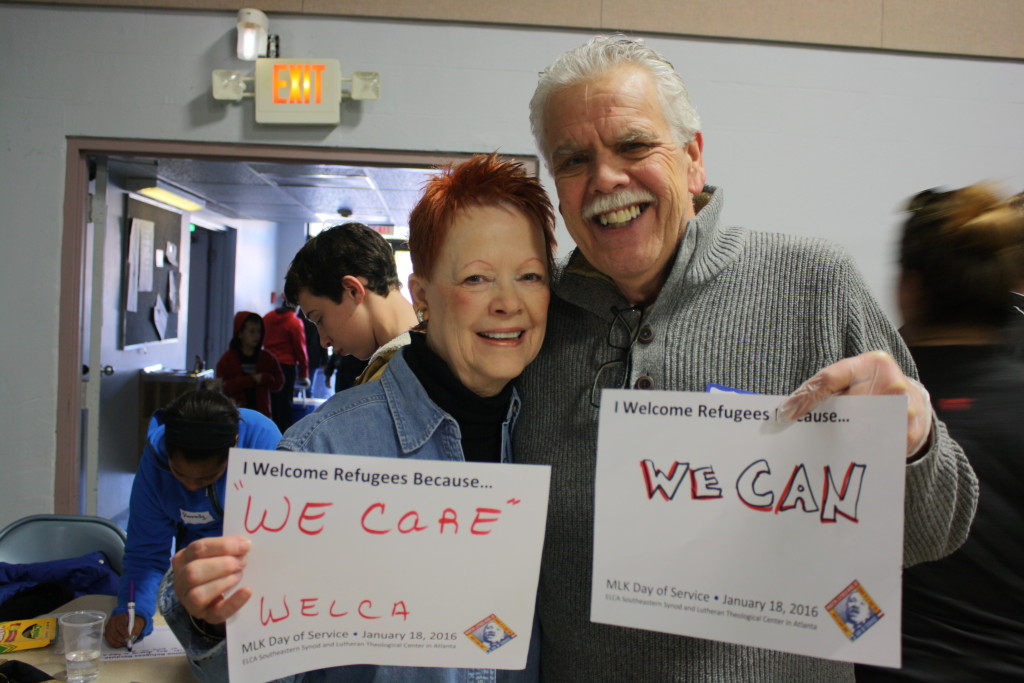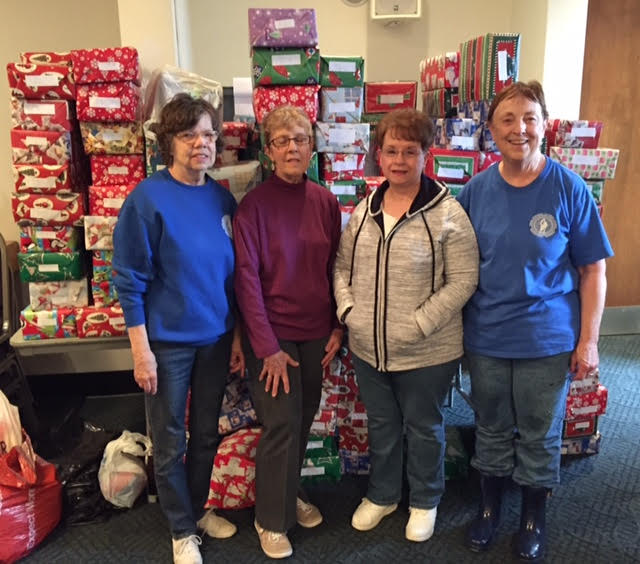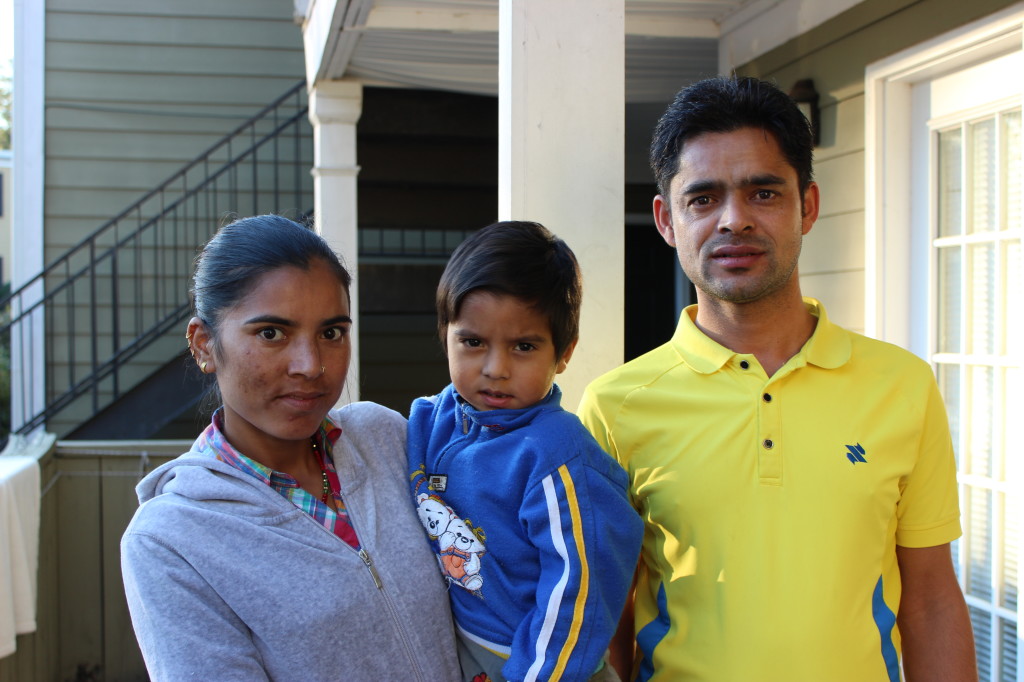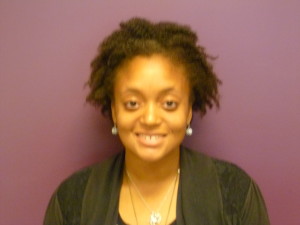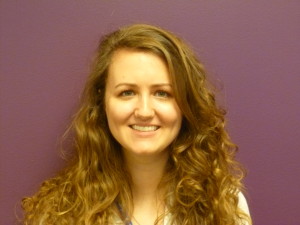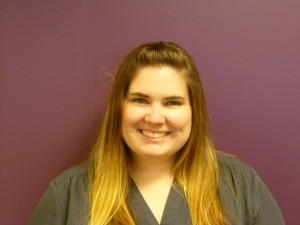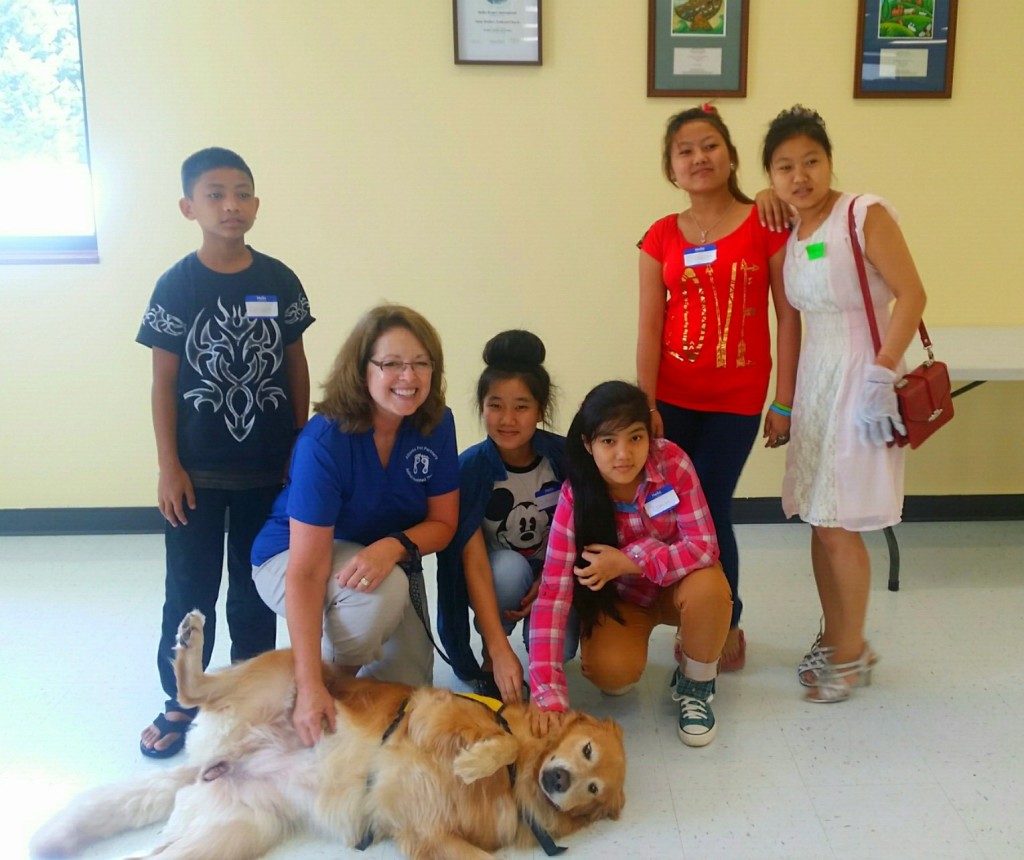Dear Friends,
We want to highlight the following op-ed piece that ran over the weekend. Our CEO, John Moeller, co-authored this article along with Krish O’Mara Vignarajah, the President and CEO of Lutheran Immigration and Refugee Services. In case you missed it, we are reprinting it here as it is a critical topic that needs immediate attention.
________________________________________
Opinion: Migrants in detention deserve dignity, sanitary conditions
While anxious shoppers across the country stockpile toilet paper and hand sanitizer in the midst of the coronavirus pandemic, immigrants at Stewart Detention Center in Lumpkin, Georgia, struggle to make their lone bar of soap last the week. Even more so now, as Immigration and Customs Enforcement (ICE) has confirmed at least 9 positive cases among detainees in the facility and 23 cases among personnel, according to the private prison contractor, CoreCivic, that operates the detention center.
If they want to wash their hands more frequently or with liquid soap per the CDC’s handwashing recommendations, they must use their commissary accounts – that is, if they have any money at all. Those fortunate enough can buy basic supplies like soap or toothpaste at more than double, or even five times the price they’d pay outside. Only some have the opportunity to earn money by working at their detention facilities, often for a salary of $1 per day. Migrants literally cannot afford the soap to keep themselves safe.
And this soap shortage is only the tip of the iceberg. Nearly every day since the pandemic began, leaders from former ICE acting director John Sandweng to medical experts for the Department of Homeland Security have been calling for the release of the nearly 32,000 migrants in ICE custody to help mitigate further outbreak. In late March, 3,000 medical professionals sent a letter to ICE urging them to reduce the detention population. It responded instead by increasing the number of detainees by 700 within that same week. Despite the agency’s announcement that they would limit enforcement and arrests during the pandemic, raids have continued — including in New York, the crisis’ U.S. epicenter.
Migrant detention centers are, as many have called them, tinderboxes. Close quarters, substandard hygiene supplies, and a failure to adhere to CDC recommendations means that the spread of the virus in these facilities is nearly inevitable. Just this past summer, a mumps outbreak quickly spread through 57 facilities across the U.S. — and already, 267 migrant detainees and 123 ICE personnel have tested positive for coronavirus nationwide.
And yet, efforts to release inmates from prison to stop the spread of COVID-19 have been far more effective than calls to release ICE detainees. Just shy of 32,000 domestic prisoners have been released or diverted from penitentiary facilities nationwide, according to the UCLA School of Law’s “COVID-19 Behind Bars” project. Meanwhile, no more than 700 migrants have been released from ICE detention across the country – with hundreds of men and women above the age of 60 still in custody. Why can we not show the same level-headed compassion to the tens of thousands of migrants with no criminal record?
Seeking a better life should not be a death sentence — and migrants are trying to raise the alarm, despite ICE’s attempts to silence them. Guards at three ICE detention facilities in Louisiana and Texas have used force to suppress protests over coronavirus concerns. We’ve also seen at least five hunger strikes by detainees to secure more hygiene supplies or their release from crowded facilities, where implementing social distancing is impossible.
Lutheran Immigration and Refugee Service is proud to stand with these migrants in the fight for their lives. The coronavirus pandemic is a time of unprecedented uncertainty for all of us, but it is a time, too, for us to acknowledge and embrace our shared humanity.
There are so many ways to help our brothers and sisters in detention: write letters, donate to a visitation program that places funds in migrants’ commissary accounts, urge your elected officials to support humane alternatives to detention, or simply spread the word about the inhumanity faced by those in ICE detention.
Empathy can’t be detained. Compassion can’t be kept in cages. Hope can’t be quarantined.
Krish O’Mara Vignarajah is the President and CEO of Lutheran Immigration and Refugee Service, one of the nation’s oldest and largest immigration nonprofits.
John Moeller is the President and CEO of Atlanta-based Inspiritus and a Board Member of Lutheran Immigration and Refugee Service.
________________________________________
Please see link to the Op-ed here, and thank you for your continued support and kindness.
With Gratitude,
Virginia Spencer
Vice President of Development
Inspiritus





